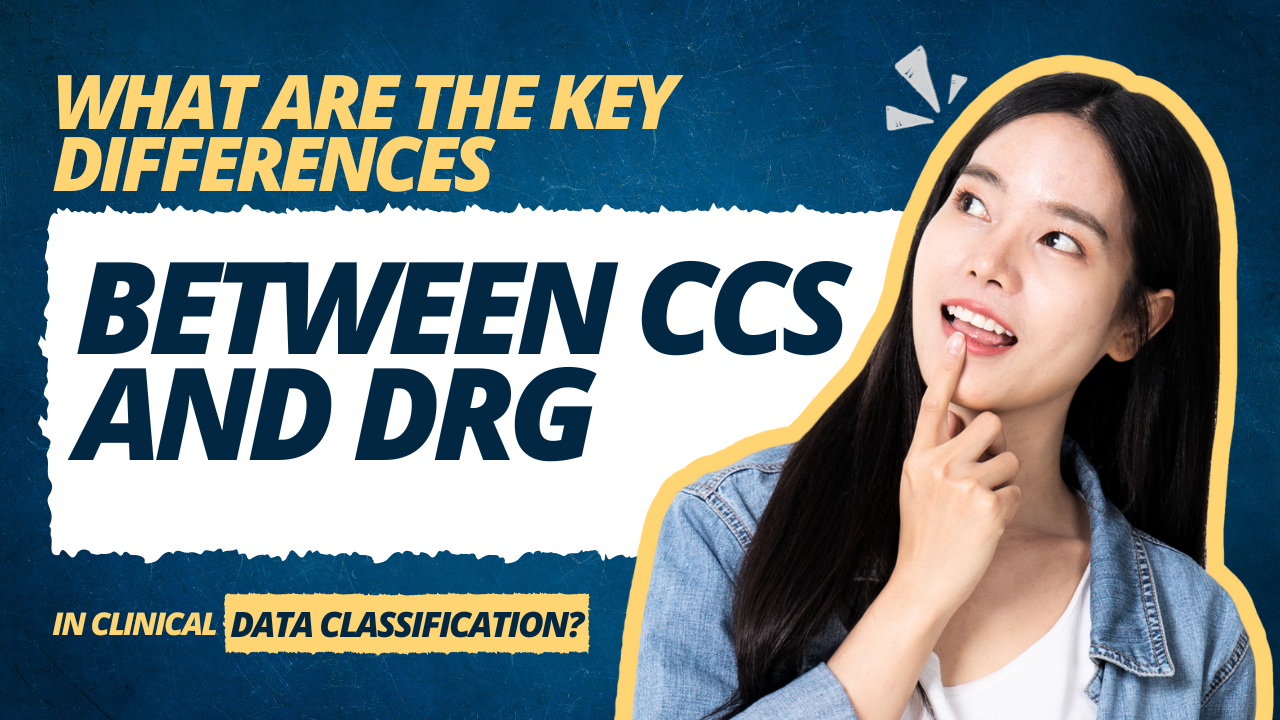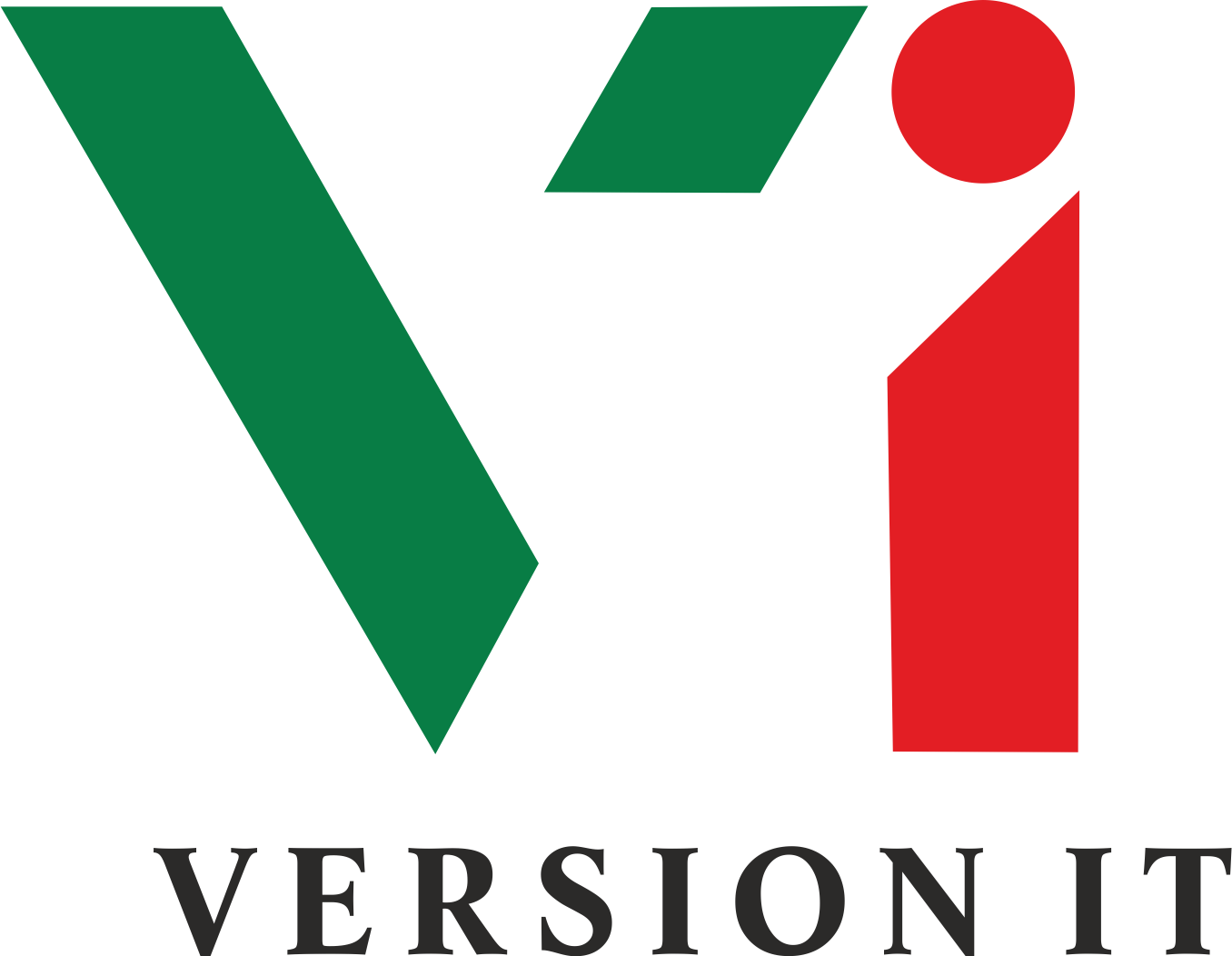Key Differences Between CCS and DRG in Clinical Data Classification
Medical coding and clinical data management is a complicated field that requires precision and clarity. The CCS and DRG in Clinical Data Classification are two well-known systems that promote accuracy and ensure proper reimbursement in the healthcare sector. Although both systems play essential roles of organization of information about healthcare, they have vast differences in structure, purpose, and use.
The article will dissect the most significant differences between CCS and DRG and their distinct functions in all of healthcare and how future coders can become knowledgeable enough to master these systems using organized training such as the CCS Certification Training.
Understanding CCS and DRG Classification: Simplifying Clinical Data for Analytics
The Clinical Classification System (CCS) is created by the Agency of Healthcare Research and Quality (AHRQ) to integrate the ICD-10-CM coding system by combining thousands of codes that describe a diagnosis or a procedure into a smaller set of codes, which is easy to manage.
CCS is mostly applied in the analysis of healthcare data, epidemiology, and utilization management. It assists coders and analysts to transform complicated medical data into patterns that are readable and easy to understand so as to identify trends in diseases and quantify healthcare results.
Professionals who take CCS certification training in Hyderabad receive a detailed understanding of the manner in which CCS groups diagnostic codes are logically logged. This will make them able to process hospital data more effectively, improving clinical and administrative decision-making.
CCS vs DRG Classification: Connecting Diagnosis to Reimbursement
The Diagnosis-Related Group (DRG) system is meant to be used in billing and reimbursement as opposed to analytics as compared to CCS. DRG classifies hospital cases into groups which are likely to consume similar resources, so that the payers and hospitals can standardize payments.
DRGs are founded on diagnoses, procedures, age of the patient, discharge status, and other clinical aspects. This is a system that will make sure that hospitals receive adequate reimbursement of the amount of care they offer which encourages efficiency and cost management in the provision of care.
CCS certification course in Hyderabad would be a valuable addition to coders who would like to master both classification systems because it would allow them to comprehend the direct effect of clinical data classification on the revenue cycle management.
Purpose and Use in CCS and DRG Classification
The major difference between the CCS and DRG is the purpose.
- Data analysis, clinical research and monitoring healthcare trends are all examined using CCS.
- DRG, however, is a payment and cost-related system because it is associated with the process of diagnosis and procedure with hospital payments.
An example is that, whereas CCS could assist a hospital to detect the rise in cardiac procedure rates during a year, DRG will dictate the amount of payment the hospital receives with each cardiac related admission.
Students taking a CCS certification Course in Hyderabad tend to differentiate the two systems at an early stage of their training because they are two necessary parts of healthcare data management.
Structure and Coding Framework: How CCS and DRG Differ
The design of every system shows the objective.
- CCS categorises ICD-10-CM codes in a broad way (e.g.: respiratory diseases, cardiovascular conditions), making data easier to research and statistically report.
- DRG, as opposed to it, categorizes hospital cases according to the use of resources and gives them a numerical value which is expected to relate to the cost of treatment.
A coder who has gone through a CCS certification Institute in Hyderabad from Version IT is taught how to negotiate the two-systems, knowing that CCS will give him or her a macro-level picture of healthcare trends, whereas DRG will give him or her a micro-level perspective of reimbursement on a hospital-level basis.
Impact on Healthcare Decision-Making
Both CCS and DRG have significant effects on the healthcare operations:
- CCS helps policymakers, researchers, and healthcare administrators to detect disease prevalence, follow patient outcome, and enhance quality of care.
- DRG affects hospital cost-efficiency measures, insurance reimbursement, and hospital budgeting.
The combination of these systems guarantees not only clinical effectiveness of healthcare services but also their cost-efficiency.
Many professionals undertake ccs training programs to have a practical experience on dealing with real world clinical data and classification tools to remain competitive in the field.
Why Medical Coders Should Learn Both Systems
In current healthcare, medical coders are supposed to be acquainted with both CCS and DRG models to play a significant role in healthcare regarding revenue integrity and compliance.
- Learning CCS assists coders to analyze patient data to support research and policy-making.
- Understanding and using DRG properly assists them to make sure that they can do proper billing and minimize claims to be rejected.
Complete programs, like CCS Certification Training, provide both system based practical modules that equip coders with the ability to deal with various assignments within hospitals, insurance companies and data analysis centers.
Real-World Example: How CCS and DRG Work Together
Take the case of a patient that was admitted to undergo coronary artery bypass graft (CABG):
- This would under CCS be added into the category of Cardiac Procedures where it would be statistically and analytically managed.
- Using DRG, the same case would be subject to a certain reimbursement group that would specify the payment rate by the hospital.
Therefore, CCS offers a clinical interpretation, DRG offers a financial interpretation. The coders who studied under a CPC and CCS Certification Training in Hyderabad program have a proper exposure of mapping between the two systems and therefore can deal with both analytics and billing work smoothly.
Career Advantages of Learning CCS and DRG
The healthcare organizations are turning to coders capable of dealing with accuracy of classification and financial compliance. By undertaking a ccs certification course in hyderabad, individuals are able to:
- Increase the accuracy of analysis and coding.
- Improve professional opportunities in the field of data analytics and compliance.
- Participate in clinical research and revenue operations of the hospital.
On the same note, the knowledge in DRG enables coders to connect the clinical and financial reporting gaps, an invaluable attribute in the healthcare sector.
The current-day healthcare data management is based on the Clinical Classification System (CCS) and Diagnosis-Related Group (DRG). Whereas CCS eases the diagnostic data to research and analytics, DRG guarantees proper and equitable reimbursement depending on the use of resources.
In order to become the best medical coders in the modern medical environment, those who want to gain knowledge of both systems should embrace formal education. The career defining edge of having a career-defining career of any type of professional being the case takes place when an individual enrolls in a CCS certification Course in Hyderabad or a ccs certification Institute in Hyderabad.
When equipped with the correct ccs training, coders can go beyond merely keying in codes, they can become important agents to the performance, quality, and sustainability of healthcare systems in the entire world.

